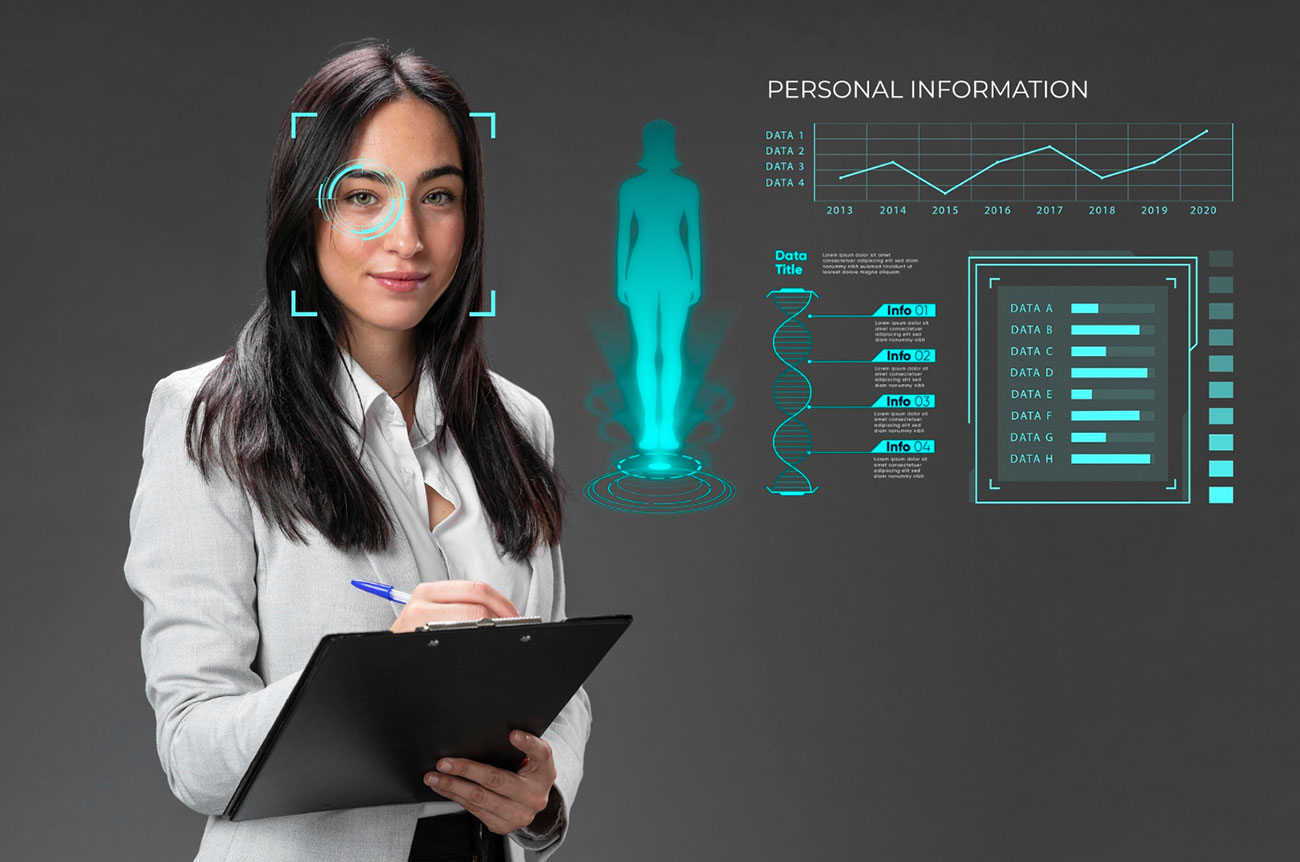
Posted On October 11, 2024
Integrating AI with Healthcare IT: What Providers Need to Know
Introduction to AI in Healthcare IT
Artificial intelligence (AI) is transforming the healthcare industry by streamlining processes, improving accuracy, and enhancing patient outcomes. For healthcare providers, integrating AI into existing IT systems offers numerous benefits, but it also comes with challenges. Understanding how AI can be applied within healthcare IT is crucial for ensuring smooth integration and maximising the potential it offers.
How AI is Revolutionising Healthcare Data Management
Managing large volumes of patient data has always been a challenge for healthcare providers. AI is revolutionising this by automating data entry, analysis, and management processes. With AI-powered tools, healthcare professionals can more efficiently store, retrieve, and analyse data, leading to quicker decision-making and better patient care. This is particularly important as healthcare moves towards a more data-driven approach to treatment.
AI and Electronic Health Records: A Seamless Integration
Electronic health records (EHRs) are a cornerstone of modern healthcare IT systems. AI can be seamlessly integrated with EHRs to enhance their functionality. For instance, AI algorithms can help detect patterns in patient histories that may not be immediately visible to human eyes, allowing for early diagnosis and preventive measures. Moreover, AI can automate routine tasks like updating records, freeing up time for healthcare staff to focus on patient care.
Improving Diagnostic Accuracy Through AI in Healthcare
One of the most significant impacts of AI in healthcare is its ability to improve diagnostic accuracy. By analysing large datasets of medical information, AI systems can assist healthcare professionals in identifying conditions and suggesting treatments with greater precision. This not only improves the quality of care but also reduces the risk of human error in diagnoses, which can have life-saving implications.
Enhancing Patient Care with AI-Driven Technologies
AI-driven technologies are enabling more personalised and proactive patient care. For example, AI can monitor patient data in real-time, detecting any anomalies that may indicate health issues. This allows healthcare providers to intervene early, often before symptoms become severe. Additionally, AI can tailor treatment plans to individual patients, taking into account their unique medical histories and genetic profiles.
The Role of AI in Healthcare Predictive Analytics
AI is transforming the field of predictive analytics in healthcare by offering precise, data-driven insights. Through advanced machine learning algorithms, AI can analyse vast amounts of patient data to predict disease outbreaks, treatment outcomes, and potential health risks. This allows healthcare providers to make more informed decisions and take proactive measures to prevent complications, ultimately improving patient care and reducing costs.

AI-Powered Decision Support Systems for Healthcare Providers
AI-driven decision support systems are becoming essential tools for healthcare providers. These systems use AI to analyse patient data, medical records, and research, offering real-time recommendations on treatment options. This helps doctors make faster, more accurate decisions, especially in complex cases where multiple variables are at play. With AI’s assistance, healthcare professionals can ensure they’re providing the most effective treatment while also reducing the risk of human error.
Addressing Data Privacy Concerns in AI Healthcare Solutions
One of the main challenges of integrating AI with healthcare IT is ensuring data privacy and security. Healthcare providers handle sensitive patient information, making it crucial that AI systems comply with data protection regulations. Implementing strict data encryption, access controls, and regular security audits can help minimise risks. By addressing these concerns, healthcare providers can build trust with their patients and ensure the safe use of AI technologies.
AI in Healthcare: Challenges and Solutions for Implementation
While the benefits of AI in healthcare are immense, there are challenges to its implementation. These include high costs, the need for technical expertise, and resistance to change among healthcare staff. However, solutions such as phased implementation, staff training, and choosing cost-effective AI tools can help overcome these obstacles. With the right approach, healthcare providers can successfully integrate AI into their operations without major disruptions.
Cost Efficiency and Resource Optimisation Through AI
AI has the potential to streamline healthcare operations by automating administrative tasks, reducing unnecessary tests, and improving the efficiency of treatment protocols. This leads to better resource management and significant cost savings. By optimising workflows through AI, healthcare providers can focus more on patient care while keeping expenses under control.
Conclusion: Why Healthcare Providers Should Embrace AI Integration
Integrating AI with healthcare IT presents immense opportunities for enhancing patient care and operational efficiency. By leveraging predictive analytics, decision support systems, and optimizing resources, providers can navigate the evolving healthcare landscape more effectively. Addressing challenges such as data privacy and resistance to change is essential for a successful transition. Embracing AI is not just a trend; it is a vital step toward a more efficient and patient-centered healthcare system.
